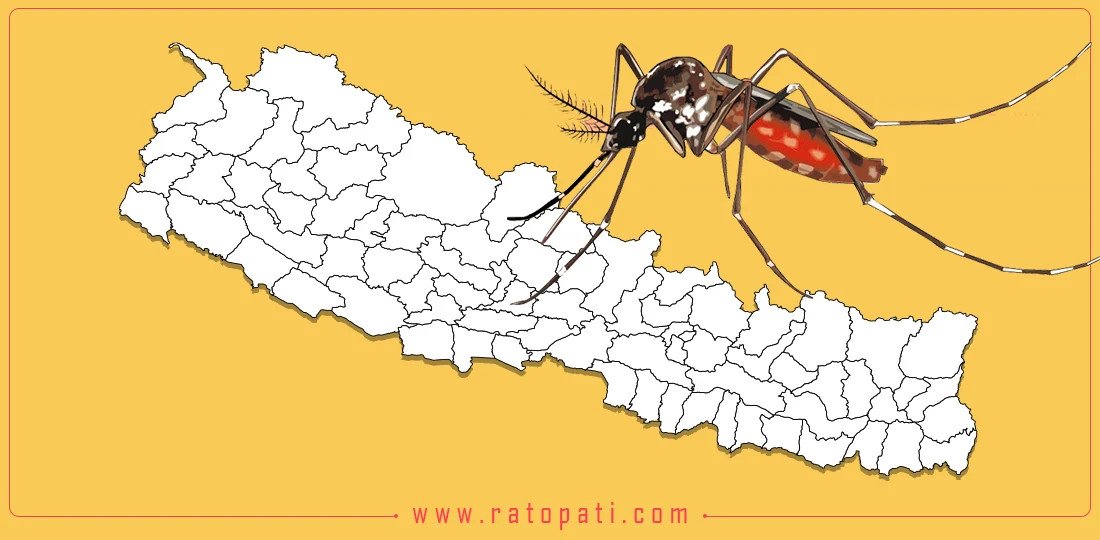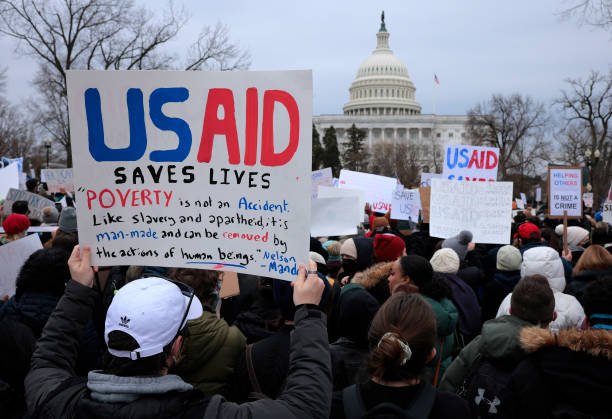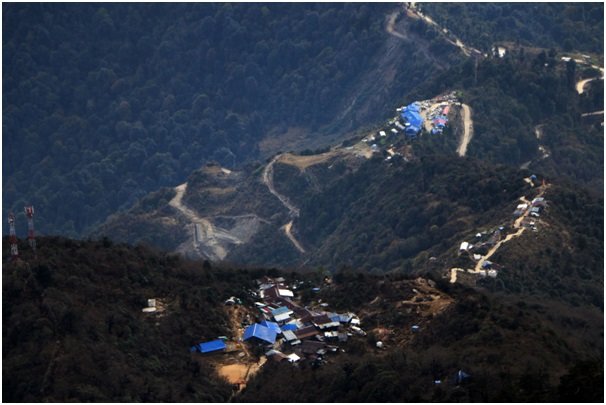Uniting Against the Monsoon's Menace: Defeating Dengue in Nepal

As Nepal welcomes the monsoon with open arms, the rejuvenating rains bring an array of blessings, transforming the landscape into lush green beauty. However, amidst this picturesque scene lurks an unwelcome guest – the dreaded dengue outbreak. This mosquito-borne menace has taken root in our nation, with alarming numbers being reported across provinces. As of July 24, 2023, Nepal has already identified a staggering 4,289 dengue cases across 69 districts, and the numbers continue to rise. The situation calls for collective action, with both the government and citizens playing a crucial role in defeating this deadly adversary.
The figures paint a grim picture, with Koshi province leading in reported cases at 2,754, followed by Bagmati province with 667 cases, Gandaki Province with 344 cases, and Sudurpaschim Province with 316 cases. Sunsari district has the highest number of cases, reporting 2,542 infections, followed by Dhading, Kaski, Darchula, Kathmandu, Sankhuwasabha, Myagdi, Kanchanpur, Rupandehi, and Morang. The disease shows no signs of relenting, and we must respond with unwavering determination.
It is essential to understand that dengue is not a new adversary for Nepal. Last year, the country suffered a heart-wrenching toll of 54,784 cases and 88 deaths, a substantial increase from previous years. The situation is alarming, and we cannot afford to be complacent. Instead, we must address the root causes and collaborate effectively to mitigate the impact of dengue outbreaks.
One of the significant challenges is the lack of public awareness about dengue. Education is the key to empowerment, and we must all take the initiative to educate ourselves and our communities about the symptoms, transmission, and preventive measures against dengue. Early detection and access to proper medical care can significantly reduce fatalities, but this requires an informed and proactive approach from citizens.
We must all take responsibility for inspecting and cleaning our surroundings regularly to break the transmission chain. Simple actions, such as covering water tanks and ensuring proper disposal of plastic containers, can make a substantial difference in reducing the risk of dengue transmission. Sustainable solutions for mosquito control are equally important in our fight against dengue. Proper waste management and regular inspections of potential mosquito breeding sites are critical components of these solutions. By embracing sustainable practices, we not only combat dengue but also contribute to overall public health and environmental well-being.
Dengue prevention is a crucial aspect of controlling the spread of the virus and reducing the impact of outbreaks. As there is no specific cure for dengue, prevention becomes even more critical to protect individuals and communities from the disease. Here are some key measures that can be taken to prevent dengue:
- 1. Eliminate Mosquito Breeding Sites: The Aedes mosquitoes responsible for dengue transmission breed in clean, stagnant water. Regularly inspect and clean potential breeding sites around your home, such as flower pots, discarded tires, water storage containers, and empty bottles. Cover water tanks and other containers to prevent mosquitoes from laying eggs in them.
- 2. Practice Proper Waste Management: Ensure that garbage and solid waste are disposed of properly to prevent the accumulation of water-filled containers, which could become breeding grounds for mosquitoes.
- 3. Use Mosquito Nets and Screens: Sleep under mosquito nets, especially if you live in an area with a high risk of dengue transmission. Use mosquito screens on doors and windows to keep mosquitoes out of living spaces.
- 4. Wear Protective Clothing: When going outdoors, wear long-sleeved shirts, long pants, and socks to reduce exposed skin and minimize the risk of mosquito bites.
- 5. Use Insect Repellents: Apply insect repellents containing DEET, picaridin, or oil of lemon eucalyptus on exposed skin to repel mosquitoes.
- 6. Avoid Peak Mosquito Activity: Aedes mosquitoes are most active during early morning and late afternoon. Minimize outdoor activities during these times, or take extra precautions to prevent mosquito bites.
- 7. Support Community Efforts: Participate in local dengue prevention initiatives and support community-driven efforts to eliminate mosquito breeding sites in public spaces.
- 8. Educate Yourself and Others: Knowledge is a powerful tool in the fight against dengue. Educate yourself and others about dengue symptoms, transmission, and preventive measures to empower communities to take action.
- 9. Seek Medical Attention: If you experience symptoms such as high fever, severe headache, joint and muscle pain, rash, or bleeding, seek medical attention immediately. Early detection and proper medical care can significantly improve outcomes for dengue patients.
- 10. Integrated Vector Management: Governments and health authorities should adopt integrated vector management strategies that involve a combination of environmental, biological, and chemical control methods to combat mosquito populations effectively.
Furthermore, the battle against dengue must extend beyond the disease itself. The mosquitoes responsible for dengue transmission also carry other life-threatening diseases such as chikungunya, yellow fever, and Zika. An integrated approach to vector management is essential to tackle these health threats collectively. Defeating dengue requires a united front, with the government and citizens working hand in hand. While the government takes the lead in implementing preventive measures and providing healthcare support, citizens must actively participate and support these initiatives. Collaboration, backed by financial and logistical support, is the key to success in combatting this deadly disease.
As we embrace the monsoon season with its promises and perils, let us remember that the dengue outbreak demands our undivided attention and united action. Together, we can fortify our defenses against dengue, protect our loved ones, and build a healthier, safer future for all. The monsoon may be a time of vitality, but it is also a period that calls us to stand together as a nation and defeat the dengue menace once and for all.






Leave Comment